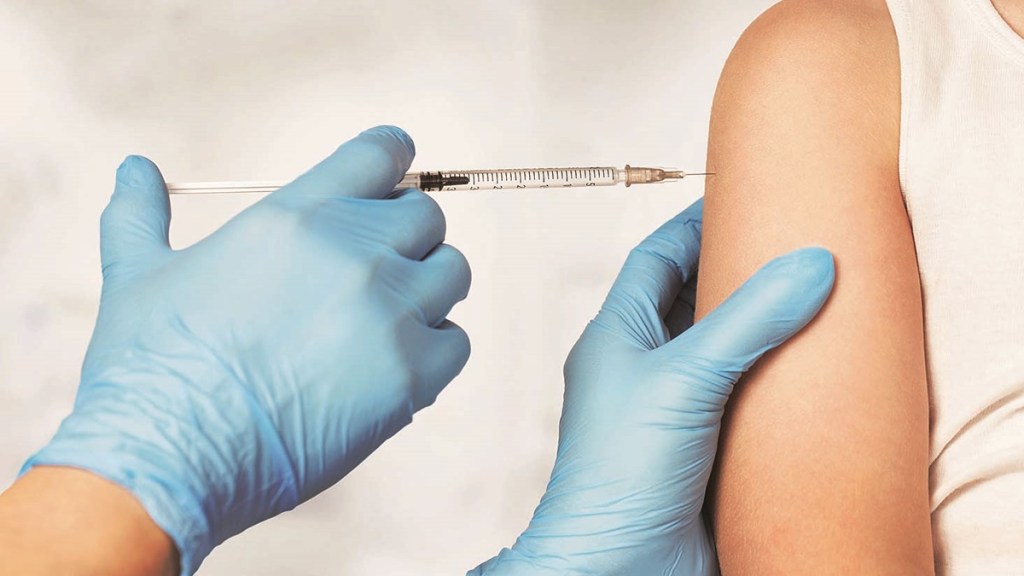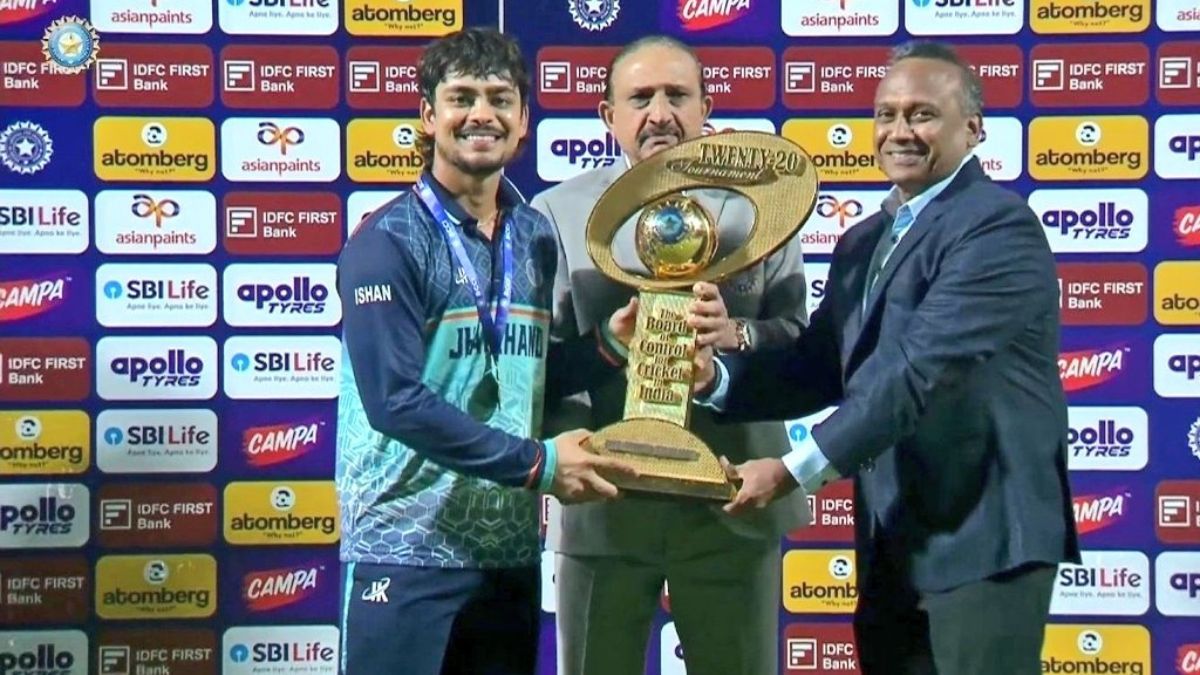By Subhasis Banerjee
India’s success in the vaccine industry is deep-rooted in the country’s history of achieving excellence, long-term investment over the years and willingness to innovate. The country manufactured vaccines on a global scale and exported them to other countries while also conducting the largest vaccination in the world, which speaks volumes about the country’s position. As of March 2023, Indian vaccine manufacturers have aided the government vaccination drive to conduct over 2 billion COVID vaccine doses.
This poses the ultimate question- How did India achieve this? India’s journey to become a global vaccine hub goes back to the country’s history of investing in research and enhancing its manufacturing capabilities. To dive deep into India’s rise, we need to unravel India’s steady growth and expansion in the research sphere and its outlook for the future.
India’s Vaccination History
India has an incredible history of successful vaccination, with a testament dating back to the 18th century. As per McKinsey reports, the Indian pharma industry is the third largest market globally in terms of volume and 14th largest by value and is expected to boost at the CAGR of 15 to 20% annually. The industry has been leading in vaccine manufacturing for decades- from inactivated viral and toxoid-based paediatric vaccines to modern-generation vaccines like viral vectors, protein subunit vaccines and conjugated polysaccharides, India produces all of them.
The globally acclaimed success of India’s journey from hyperendemic to polio-free is yet another testament to our country’s commitment to global healthcare. The polio eradication drive united over 2.4 million volunteers who dispensed oral vaccines to 170 million children under five years old. Additionally, the North Eastern States of India conducted multiple rounds and reached a maximum of 70 million children each time.
In recent years, Indian vaccine developers have continued to innovate and significantly increase their R&D capabilities. For instance, Indian manufacturers have managed to develop the first plasmid DNA-based vaccine, and several programs for messenger RNA (mRNA) are being leveraged by Indian manufacturers for vaccines and therapies. ZyCoV-D, manufactured by Zydus Cadila is the first pDNA based vaccine for COVID-19.
Thanks to the country’s persistence, talent and priority to healthcare research, India has now emerged as the global powerhouse for supplying paediatric vaccines to the WHO (World Health Organization). Additionally, formulations and biologicals, including vaccines, amount for more than 75% of India’s pharmaceutical exports. Indian pharma players producing essential medicines at affordable prices has made medicine accessible to a wide range of people, regardless of their economic status.
India’s current vaccine capability
COVID-19 collectively showed India’s potential in the pharmaceutical sector and among the scientific communities. The extraordinary progress India made during the pandemic has upgraded its manufacturing processes at many levels. Over the past two decades, top pharmaceutical companies in India have invested heavily in increasing their manufacturing capabilities to cater to huge global and in-house demand.
For instance, India accounts for nearly 90% of the global demand for the measles vaccine, making it a remarkable contributor worldwide. This impressive demand has led to the World Health Organisation sourcing 65-70% of its measles vaccine supply from India.
India now holds an efficient manufacturing capacity with an innovative research infrastructure and can focus on developing more complex vaccines. Many global organisations are showing interest to promote new-age technologies to produce highly efficient vaccines in the shortest time possible.
mRNA Vaccines: A potential revolution in vaccine industry
We’ve witnessed ground-breaking discoveries in science and technological innovations, leading us to understand human lives better. mRNA vaccines are a promising alternative to conventional vaccines available in the market. The use of antigen-expressing messenger mRNA has brought transformation in vaccine development because of their high potency, capacity for rapid development and potential for low-cost manufacture and safe administration.
Unlike traditional vaccines, mRNA applies a synthetic messenger RNA molecule to instruct the body’s cells to produce a protein that triggers immunity. An mRNA vaccine works in ways where a piece of genetic code is inserted into the body to stimulate an immune response. The immune system recognizes and responds to the protein while also creating immunity to the virus without exposing the body to an enfeebled or inactive virus. In addition to mRNA vaccines, other modernised vaccination approaches include viral vector vaccines, protein subunit vaccines, and DNA vaccines. These innovative technologies have welcomed the evolution of effective vaccines for various diseases worldwide like Ebola and HPV.
The strong manufacturing and R&D pipelines of Indian vaccine manufacturers will further conduct research in novel vaccine development and how it can help find a cure for different fatal diseases. This innovative vaccine development structure promises the future of India as the biggest vaccine hub in the global market.
The future of vaccines in India
The evolution of vaccine development in India is a long process, as we constantly develop novel technologies to venture into new innovations. Vaccines are arguably the most important medical technology developed till date. With an effective vaccine manufacturing plan, we as a nation can provide the world’s most effective, life‐saving cure to the world.
It is time to scale up and invest in advanced technologies like artificial intelligence in life sciences, cell and gene therapy and be prepared for future epidemics. The success of the Indian IT sector can be leveraged to bring new partnership opportunities for the life sciences industry to add on to more innovation and modernisation in manufacturing processes.
The pandemic led the Indian pharmaceutical industry to reflect on their ability to scale up manufacturing facilities to reach the people globally and domestically. India has over 740 US-FDA-approved plants that can be used to improvise manufacturing processes in vaccine development.
India achieved a major milestone in its vaccination drive against COVID-19 and also trained us to be ready for future epidemics or diseases that come our way. The contribution of technology and cross-organisational collaborations will help us build a strong foundation for creating novel methodologies. In addition to this, strategic investments and a skilled manpower with strong technical knowledge will enable us to stand out as the best. India’s emphasis on innovation, research and manufacturing excellence will pave the way for the nation to become a leading vaccine manufacturing nation globally.
(The author is a Principal Application Expert, APAC Bioprocessing, Merck. Views expressed are personal and do not reflect the official position or policy of the FinancialExpress.com.)








